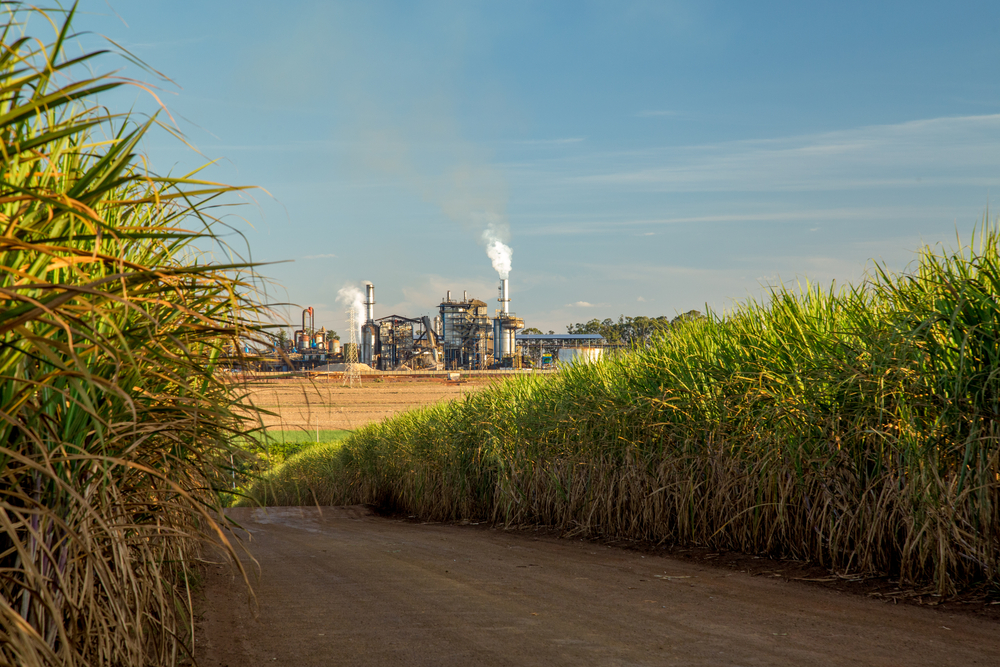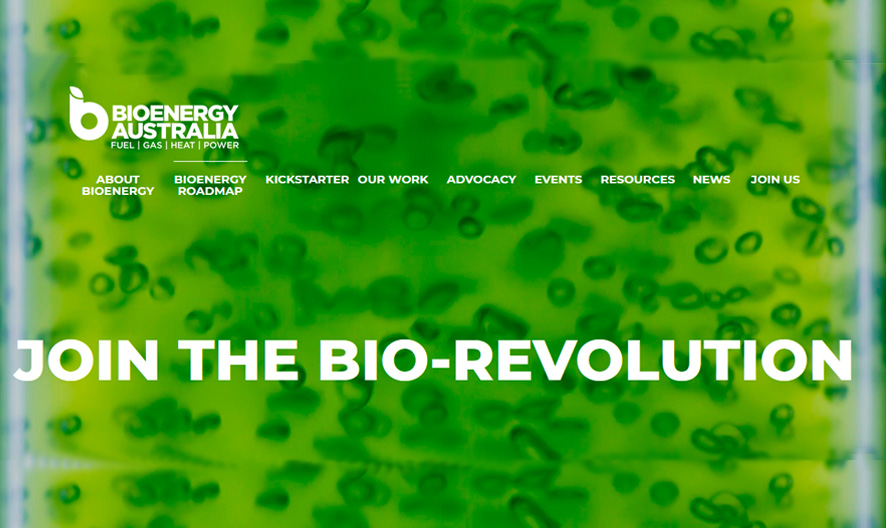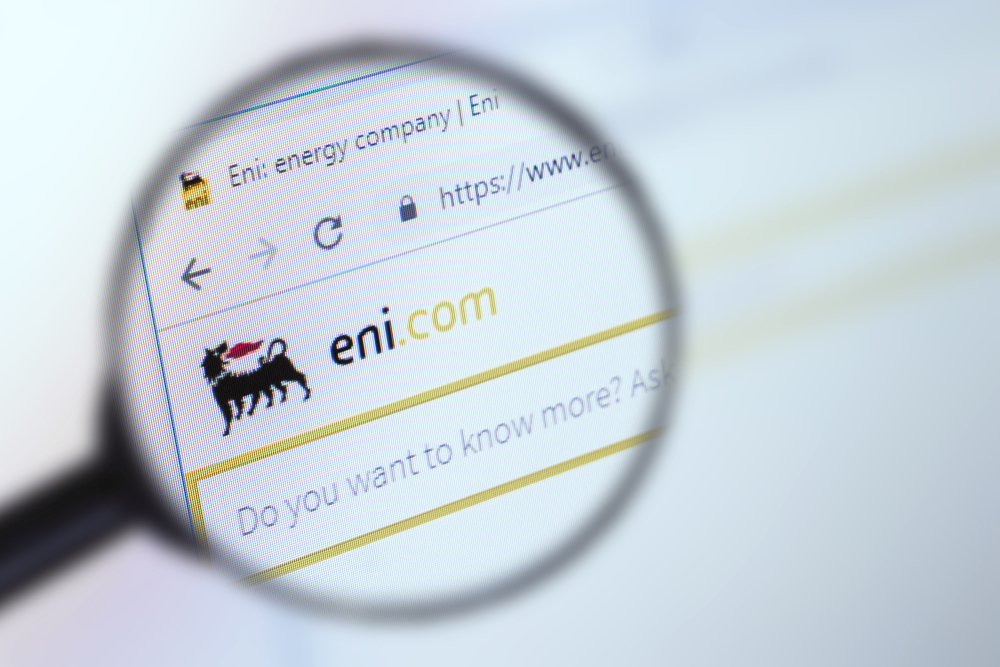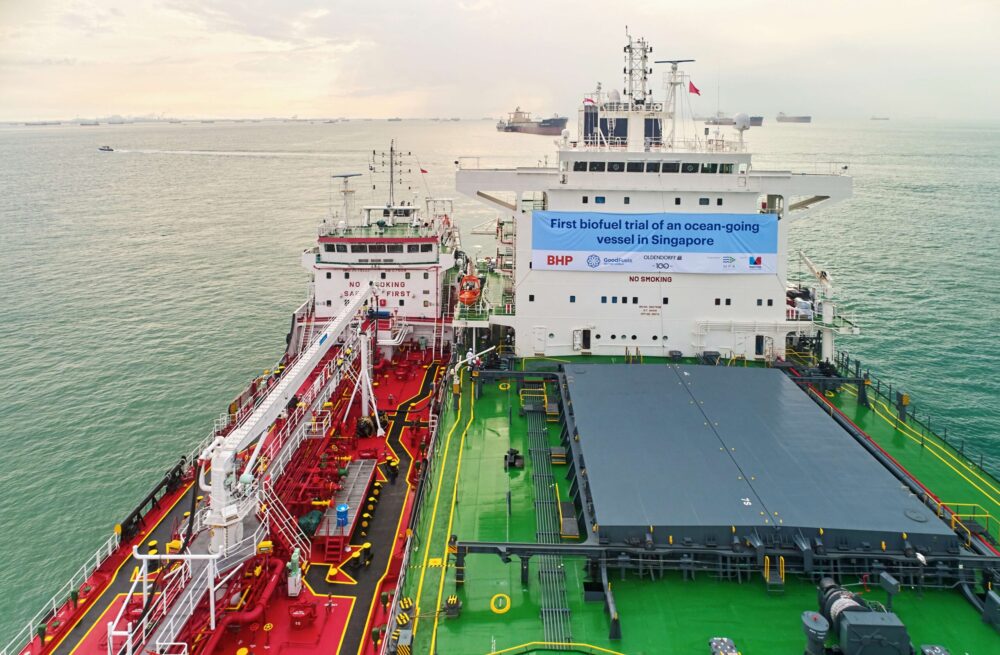
Queensland is set to soar as Australia’s SAF capital, with plans revealed today for a biorefinery that will help power the nation’s aviation market with green jet fuel.
Jet Zero Australia has started a feasibility study for the facility, which could produce more than 100 million litres of SAF a year for use in domestic flights, including by the Qantas Group.
The project, which is the first investment under the Qantas and Airbus sustainable fuel partnership, will potentially create about 100 full-time jobs and employ more than 1,000 workers during construction.
Low carbon jet fuel produced on home soil will be key for airlines to achieve net zero emissions by 2050.
It can be used in existing aircraft engines and airport refuelling infrastructure to cut carbon emissions by more than 80 per cent.
The funding will be used to complete existing feasibility work and finalise the review of a site in Queensland for the facility.
Premier Annastacia Palaszczuk said Queensland is perfectly positioned to be a clean energy superpower due to its sunshine and feedstocks, including the largest sugar industry in the nation.
“That means Queensland can make the sustainable aviation fuel needed to provide fuel security for the nation and our trade partners to make air travel sustainable providing a long-term future for our tourism industry.”
Deputy Premier Steven Miles said Queensland is in the perfect position to capitalise on the global shift to green jet fuels and become the leader of a local SAF industry and create good, skilled jobs for Queenslanders and new export opportunities.
“This co-funding by the Queensland Government, Qantas, Airbus and partnership with Lanzajet is a great example of working together to stand-up the industries of the future.
“Our recent SAF Industry Roundtable reinforced that Queensland is already leading national efforts to build a biofuels industry.
“This is another signal to the world that we are ready for take-off as a clean energy powerhouse.”
Qantas is currently using green aviation fuel sourced overseas and the airline giant has committed to hit 10 per cent SAF in its fuel mix by 2030, most of which it would like to source from Australia.
An Australian SAF industry is expected to be worth $3 billion annually and could create up to 15,600 jobs nationwide by 2050.











